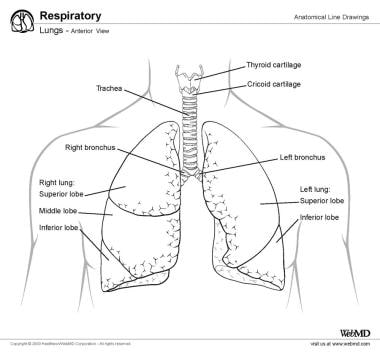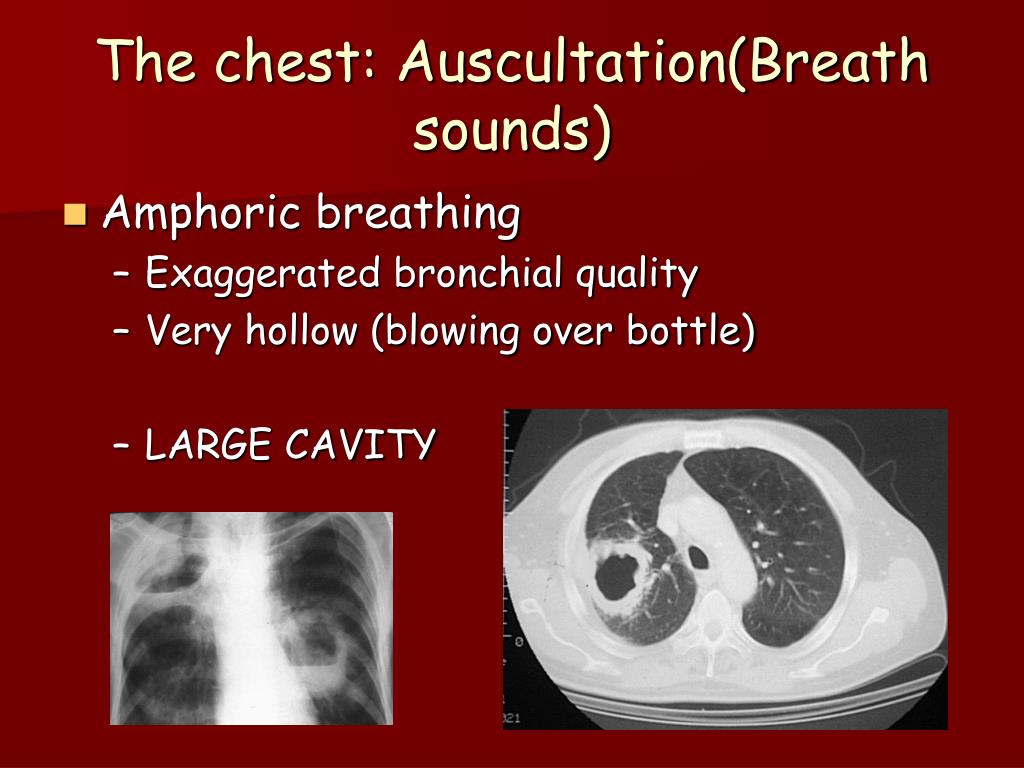

Stridor might indicate a collapsed airway or something stuck in your lungs. The breath sound comes when you breathe in and out. Stridor is similar to wheezing but is usually caused when there’s a blockage or narrowing in the upper airway, like the windpipe or throat. In a study of 3,964 people, coarse crackles and “early” crackles (crackles that happen when you start drawing a breath) were associated with a COPD diagnosis. The crackling sound becomes more coarse when the lung airway opens up more. Coarse crackles are louder and have a lower pitch, and fine crackles are softer and higher-pitched and occur more frequently. Your health care provider will hear sounds similar to popping or Velcro being unfastened.Ĭrackles are separated into coarse crackle and fine crackle sounds. Unlike wheezing, crackles can be heard only through a stethoscope. Crackles usually occur when there’s too much fluid in the lung. “Now I have crackles in my lungs.”Ĭrackles, also called rales, are a breath sound that happens when lung airways unclog as you inhale. “I don't think this cold weather is good for me,” wrote one M圜OPDTeam member. Antibiotics may also be used if there’s an infection. Rhonchi caused by air moving through thick mucus can be treated with expectorants (to help clear mucus) and mucolytics (for breaking up mucus). Rhonchi happen when larger airways in the lungs are partially blocked, possibly by secretions (mucus).Īs with wheezes, rhonchi can be treated with bronchodilator inhalers and nebulizers. Unlike wheezes, which are high-pitched, rhonchi are lower-pitched and hoarser, and they can sound like snoring. Just like wheezes, rhonchi are a kind of breath sound caused by constricted (narrowed) airways. “Wheezing, so back on my two puffers,” wrote one M圜OPDTeam member. Hot beverages, like tea, can also help relax the airway.īronchodilator inhalers and nebulizers can ease wheezing by relaxing the bronchial tubes.

Make sure you get enough fluids - drink enough water and use a humidifier in your house or at work. Quitting smoking - or getting rid of sources of secondhand smoke - can help ease wheezing, as can staying inside when the air quality is bad. Up all night coughing and wheezing.”įortunately, COPD-related wheezing can be treated. “Some chest wheezing woke me up occasionally,” wrote one member of M圜OPDTeam. Wheezing can also affect your quality of life and make sleeping difficult. This may be because wheezing itself can worsen lung inflammation by vibrating lung tissue. In a study of more than 1,000 people with COPD, those who experienced wheezing were more likely to experience COPD exacerbation (getting worse). Wheezing sounds might be associated with worsening COPD.

By stage 2, wheezing may be continual, along with shortness of breath. In early-stage COPD, you might hear wheezing only when you exhale heavily. Wheezing sounds may vary by the stage of COPD. Wheezing occurs when airflow is forced in and out through these clogged airways. In chronic bronchitis, inflammation and mucus block the bronchioles (bronchial tubes), which are small airways in the lungs. It’s a common symptom of chronic (long-term) bronchitis, one type of COPD. Wheezing is often a clue for a COPD diagnosis. However, some wheezes are inspiratory sounds, produced when air is inhaled. Wheezes are usually expiratory sounds, meaning they occur when air is exhaled.

Some people liken it to the sound of a deflating balloon. Wheezes are whistling sounds that happen during breathing. Wheezing is the breath sound most commonly associated with COPD. Keep reading to learn about six different lung sounds that may be associated with COPD. These sounds can also reveal which parts of the respiratory system are most affected by COPD. The sounds caused by COPD can provide critical clues about COPD, its progression, and whether there are any COPD complications. The process of listening to the lungs through a stethoscope is called auscultation, and it’s an important skill pulmonologists and other doctors may use to better understand your lung condition.


 0 kommentar(er)
0 kommentar(er)
